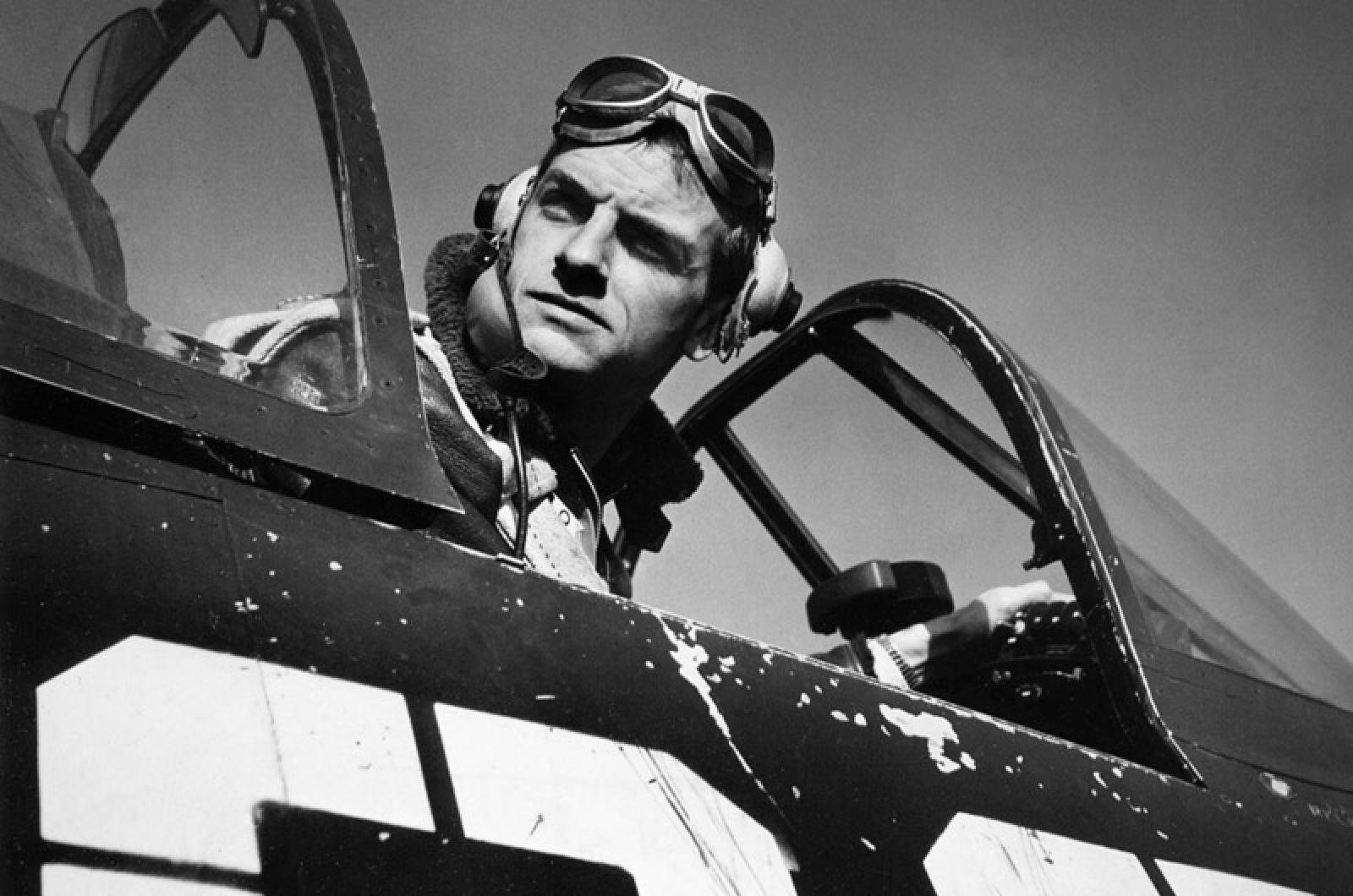Seventy years ago Saturday, World War II ended with the surrender of Japan. The other day I said to a middle-aged friend, “Saturday is V-J Day.” She replied, “What’s V-J Day?” It was hard for me to believe that anyone in this country doesn’t know what V-J Day means. Certainly everyone old enough to visit an art gallery has seen the iconic photograph taken by Alfred Eisenstaedt of the sailor kissing the girl in the middle of the celebrating crowd in Times Square on August 15, 1945.
I remember that day clearly — where I was and what I felt when I heard the announcement of the war’s end. It was the summer between my freshman and sophomore years at Brown University. I was on a youth hostel bike trip in Wyoming, R.I., and I can still feel the frustration at having no one to celebrate with.
My home was in Crestwood, N.Y., a 30-minute train ride to New York city, where on that day confetti was falling from the tallest buildings and celebrants were dancing with and kissing strangers. A week before — or a week afterward — I would have been in that crowd, maybe not kissing strangers, but certainly the right age to take in and participate in all the happy excitement. I had turned 19 in April; the war started when I was 15.
I walked along a dirt road in rural Rhode Island, crying with joy and anger that I was missing the big moment. It would be all over by the time I got home, and I knew I had missed what would have been one of the biggest moments of my life.
My husband, who died in January 2012 at the age of 91, was a Navy fighter pilot in the Pacific during World War II. When his mind grew a little fuzzy with age, he had no vivid memory of that day, but he remembered that he was on an aircraft carrier, probably the Rudyerd Bay in the South Pacific. I didn’t meet him until 1946, when the veterans came pouring back into the United States to take up their lives after a three-and-a-half-year interruption. Two unlikely characters met in a class in English literature and married the next year.
Johnny had been living in Windemere from 2008 until 2012 when he died of a stroke, and when he moved into the nursing home it had been a big change in our lives. Statistics tell us that more than a thousand veterans of that great war are dying every day. Although I lived with him for 61 years and then talked to him on the phone several times a day, and saw him three or four times a week, I do not know much about his experiences in that war. Other relatives of veterans tell me the same thing — members of his generation didn’t talk about their war experiences — just the facts, maybe, but not the feelings.
One morning in 2010 I went to visit Johnny at Windemere just as he was getting ready to go downstairs to listen to Dorothy Bangs, a wonderful lady who came in to entertain the residents several times a week, singing to the accompaniment of her piano. Dorothy and I were both probably older than many of the people she was entertaining. In fact, we both had our second babies the same day in 1951; she was the music teacher in the Tisbury School when my children went there. She was a regular entertainer at Windemere and played for them several times a week.
But on that day she brought in a friend of hers, a popular pianist, to play for the elderly group. David Crohan, who is blind, can play anything on a keyboard — from Bach to Scott Joplin. He and my granddaughter, Katie Ann, have been in several concerts together, and he knew that Katie’s grandfather was in the audience. I decided to stay and listen to this unexpected concert. When between songs I reminded him that this was V-J Day, and that Johnny had been a Navy fighter pilot in the South Pacific in World War II, he played Anchors Aweigh and then a medley from South Pacific. I was pretty teared up by the end of his performance — anytime musical performers visit Windemere, they generally focus on music of the forties, which for many of us is the best and most familiar music ever written.
At the end of his mini-concert, David wanted to be led around to every resident so he could greet each one and shake his or her hand.
It always moved me to watch the otherwise passive and disabled elderly, many with their eyes closed, and some asleep, react with a tapping foot or a nodding head in time to the music. I weep easily to the tunes of Glen Miller and Harry James, as they are listened to by the people who used to dance to them. And listening to the music of the World War II Armed Services will forever bring tears to my eyes.
I will always remember that day.
Shirley W. Mayhew lives in West Tisbury.





Comments (14)
Comments
Comment policy »